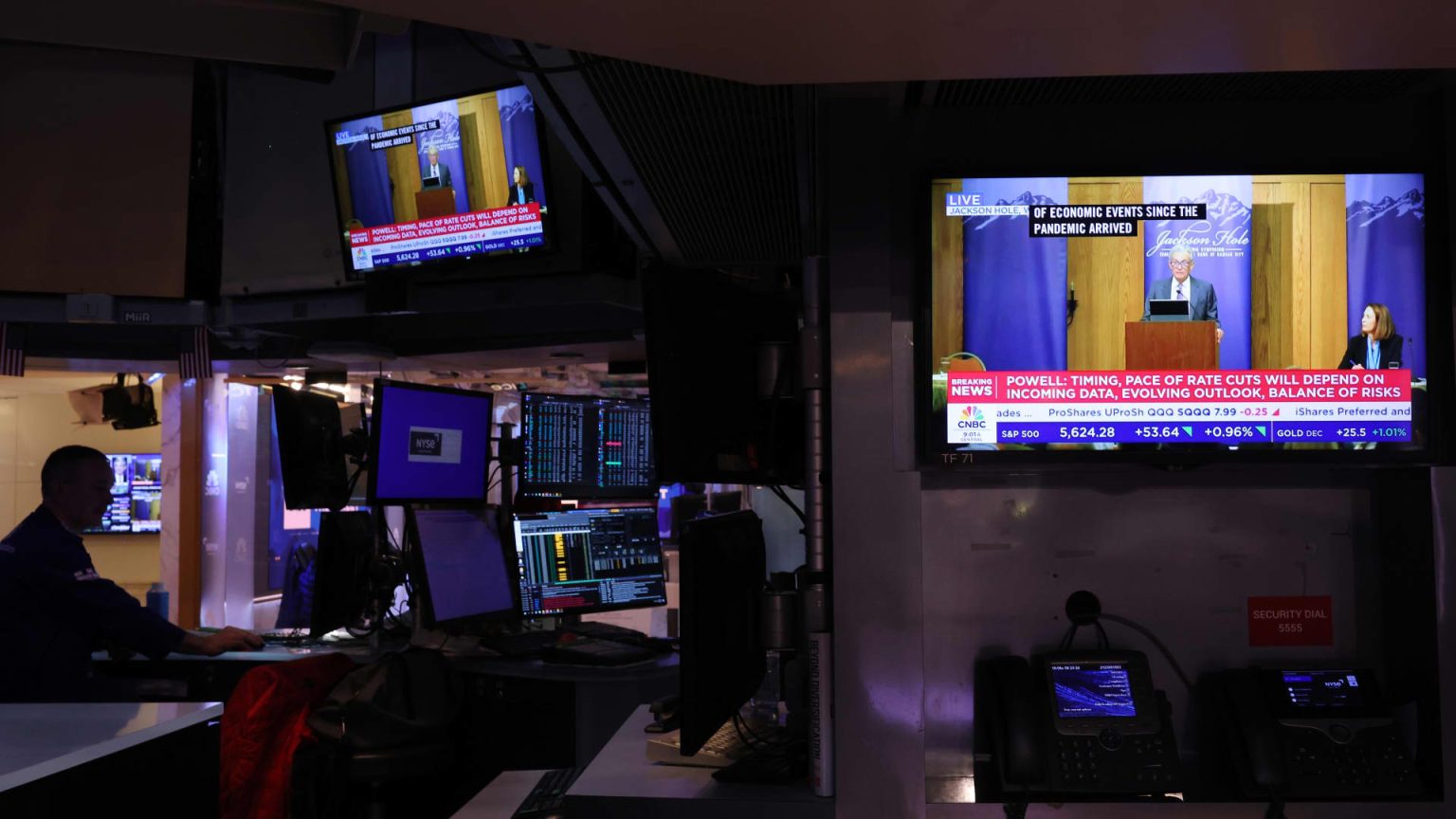Many investors are turning towards dividend stocks ahead of the Federal Reserve’s interest rate decision in September. Paul Baiocchi of SS&C ALPS Advisors believes this is a smart move, as he forecasts the Fed will ease rates. As a result, investors are shifting from money markets and fixed income towards dividend stocks, particularly those of leveraged companies that may benefit in a declining interest rate environment. ALPS offers several dividend exchange-traded funds, including the ALPS O’Shares U.S. Quality Dividend ETF (OUSA) and ALPS O’Shares U.S. Small-Cap Quality Dividend ETF (OUSM).
In comparison to the S&P 500, both OUSA and OUSM are overweight in health care, financials, and industrials while excluding energy, real estate, and materials. Baiocchi explains that these three sectors are known for their volatility, both in terms of price fluctuations and fundamental instability. This volatility could undermine the primary objective of OUSA and OUSM, which is to provide drawdown avoidance. The focus is on dividends that are durable, growing, and well supported by strong fundamentals.
Mike Akins, the founding partner of ETF Action, views OUSA and OUSM as defensive strategies due to the generally clean balance sheets of the stocks within these funds. He highlights the increasing popularity of dividends within the ETF category, attributing this trend to the perception of stability and viability associated with companies that consistently pay dividends. Akins acknowledges the lack of a crystal ball to fully explain the current popularity of dividends but notes that paying a dividend for an extended period can signal financial strength and resilience.
Overall, the shift towards dividend stocks seems to be driven by expectations of a rate cut by the Federal Reserve, prompting investors to seek out opportunities that may benefit from a lower interest rate environment. Baiocchi stresses the importance of focusing on dividends that have a track record of growth and are supported by solid fundamentals, thereby enhancing the potential for drawdown avoidance in volatile market conditions. Akins reinforces the defensive nature of dividend stocks, highlighting the perceived reliability and financial strength associated with companies that consistently pay dividends. As the interest rate decision looms, investors continue to monitor market trends and adjust their strategies accordingly to potentially capitalize on evolving market conditions.


